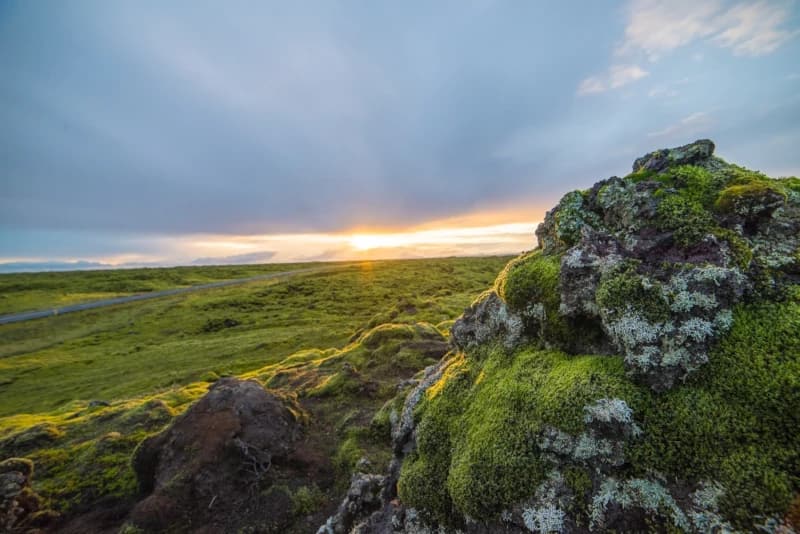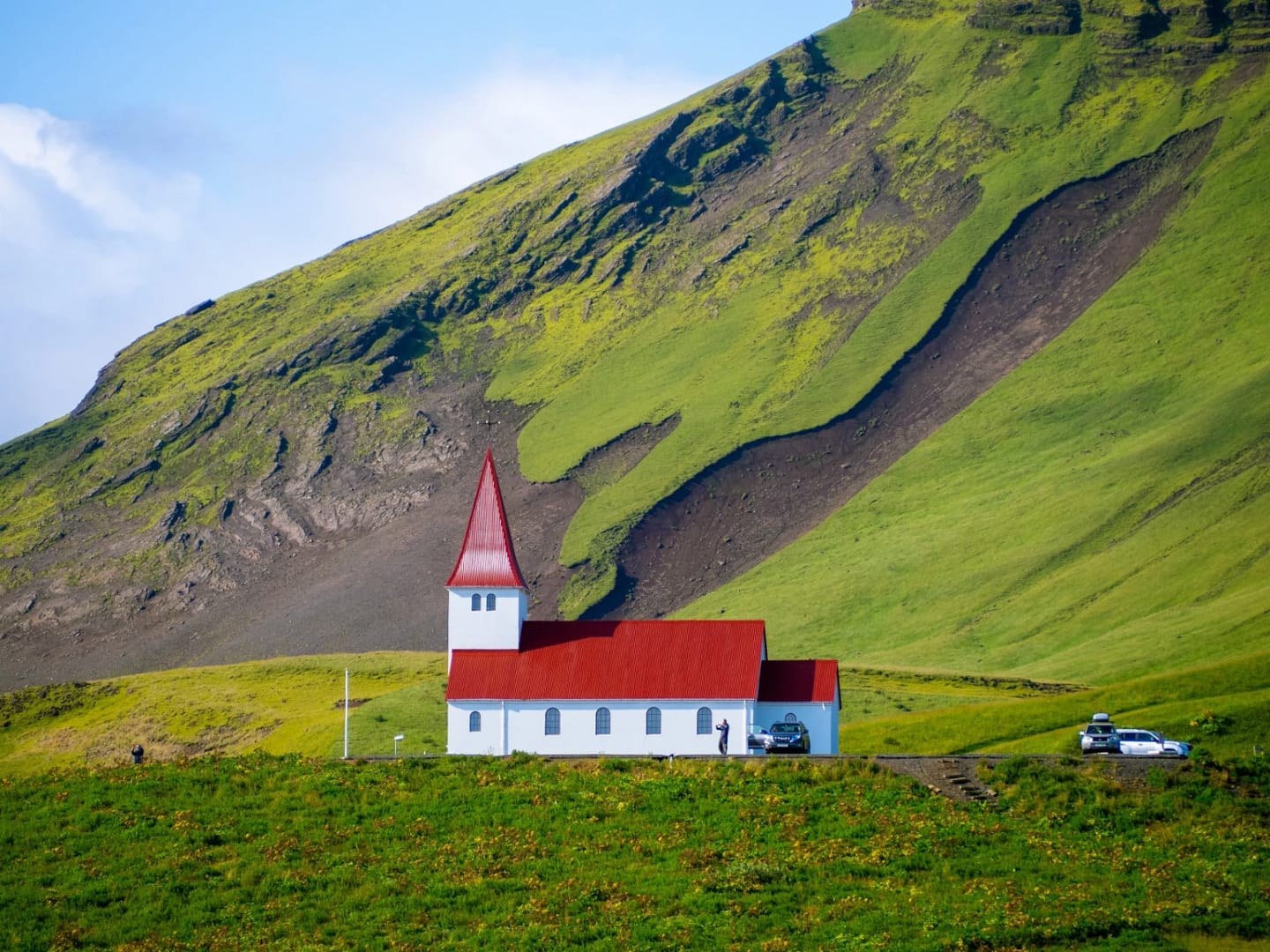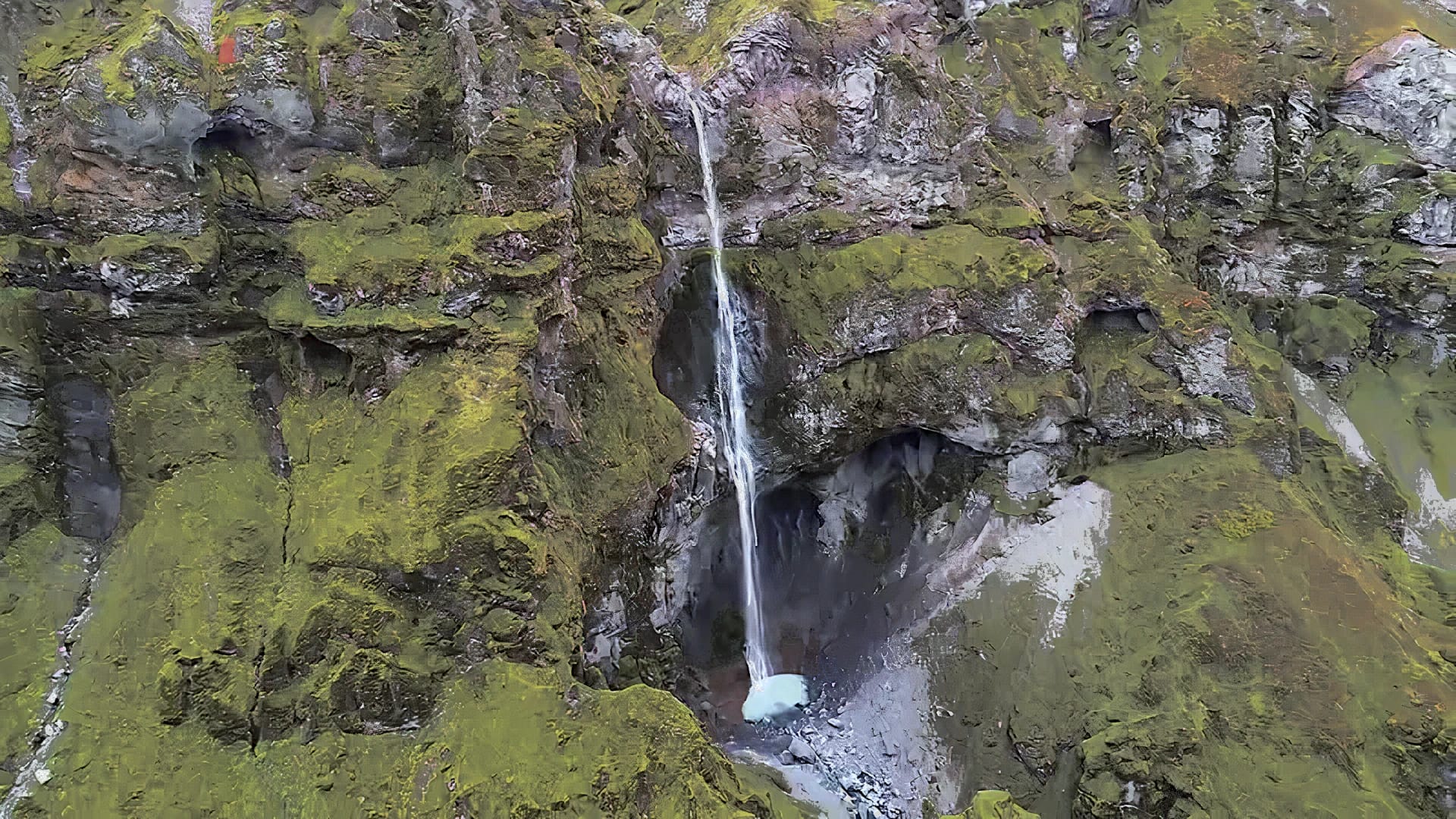The question is often asked, “When is the best time to visit Iceland?”
Iceland can get very cold, dark, and have heavy weather. That’s why the most common recommendation is to visit Iceland during the summer season, which is June, July, August, and September. While it is a pleasant and easy time to visit, that also makes it the busiest and most expensive.
Here at IcelandFalls, we believe the best time to visit Iceland is in May.
Here’s why:
Warmer Weather
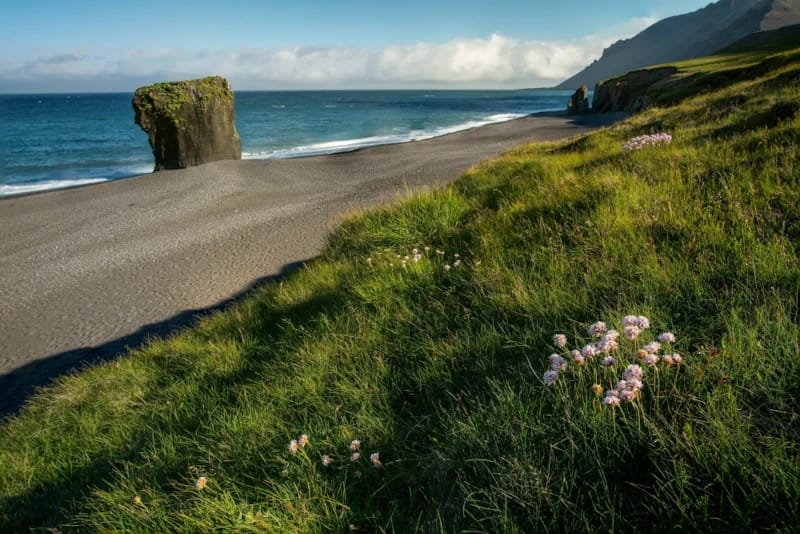
The summer season begins in June, so the weather is already warming during May. It can still be cool, but the weather isn’t freezing at lower elevations. After all, you are going to Iceland, so cool weather and hot springs are probably on your bucket list. With that being said, the temperatures can be pretty comfortable at times with minimal layers. If you’re visiting some of the waterfalls or Southern Iceland, then you should already be layered up with a rain jacket!
To get an idea of the temperature range, here is the average temperature of May compared to the summer season.
Average Temp 2061-2021
May: 44°F (7°C)
June: 50°F (10°C)
July: 53°F (12°C)
August: 52°F (11°C)
September: 47°F (8°C)
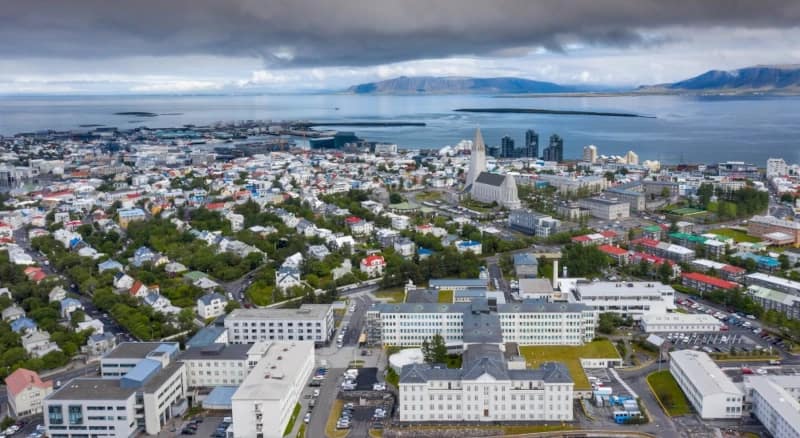
If you’re planning to see more of the remote waterfalls and attractions, chances are you will come across an F-road. These are mountain roads and can often be closed many months of the year. While most do not open until June, some do open earlier. So, the month of May still offers an excellent experience for a road trip or tour. The more extreme locations do require more extreme planning.
More Daylight

Warmer weather means more daylight. For the explorer, this means more time to adventure. For the night owl, it’s even easier to stay up late. There are only 4 hours of darkness in May. At the beginning of May, the sun rises at 5:00 am and sets at 10:00 pm. At the end of the month, it’s from 3:30 to 11:30 pm. Don’t be surprised if you stay out until midnight!
Sleep is still important, so don’t worry; most places come equipped with blackout curtains. The only difficulty the sunlight offers is your gauge on time. Many restaurants and stores will close at certain hours, and it’s easy to lose track of time or not anticipate places being closed. The good news is most of the natural sights you can visit have no hourly clock!
Lower Tourism
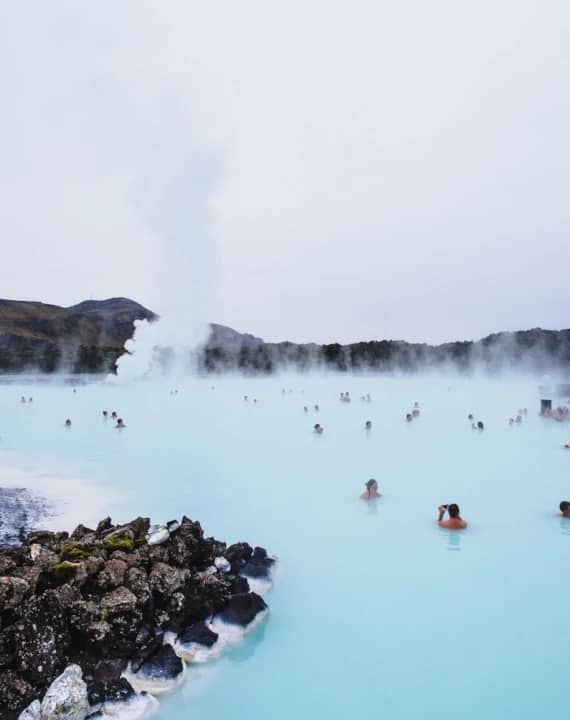
May is not the slowest month for tourism, but it’s also not considered part of the peak season. So while tourism is starting to pick up, you can still find parking and open tables in the cities. Many tour stops remain busy nearly year-round, but the crowds in May are still very manageable. May also offers a great time to explore some lesser-known attractions and towns. You may find no tourists at the hidden waterfalls, and you may blend in with locals at a restaurant.
Budget-Friendly
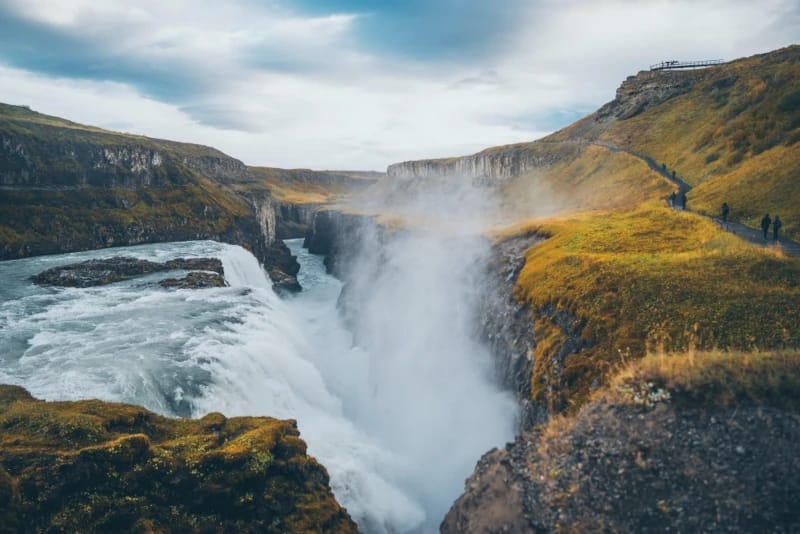
No matter where you go, a peak in tourism will always increase the price. As tourism begins to increase, so do the prices. Luckily you can still find excellent deals on plane tickets and lodging in May. Once you’re in Iceland, you may be shocked at some of the prices, even for fast food. So it’s best to save as much money as you can on the bigger expenses. Overall considering the benefits of traveling during May, the price of travel and lodging is a good value.
There are plenty of reasons to visit Iceland all year long. The winter months bring beautiful snow, the darker seasons showcase the Northern Light, and the warmer seasons highlight Iceland’s beautiful landscapes. Still, if you had to narrow it down to one recommendation, we suggest May.
In short, May is just an early summer experience with less tourism and costs. You can still see plenty of snowcaps without worrying about traversing icy roads, and you can still find room at your favorite restaurants.
For our Icelanders and frequent visitors, when do you think is the best time to visit Iceland, and why? Leave us a comment below!
